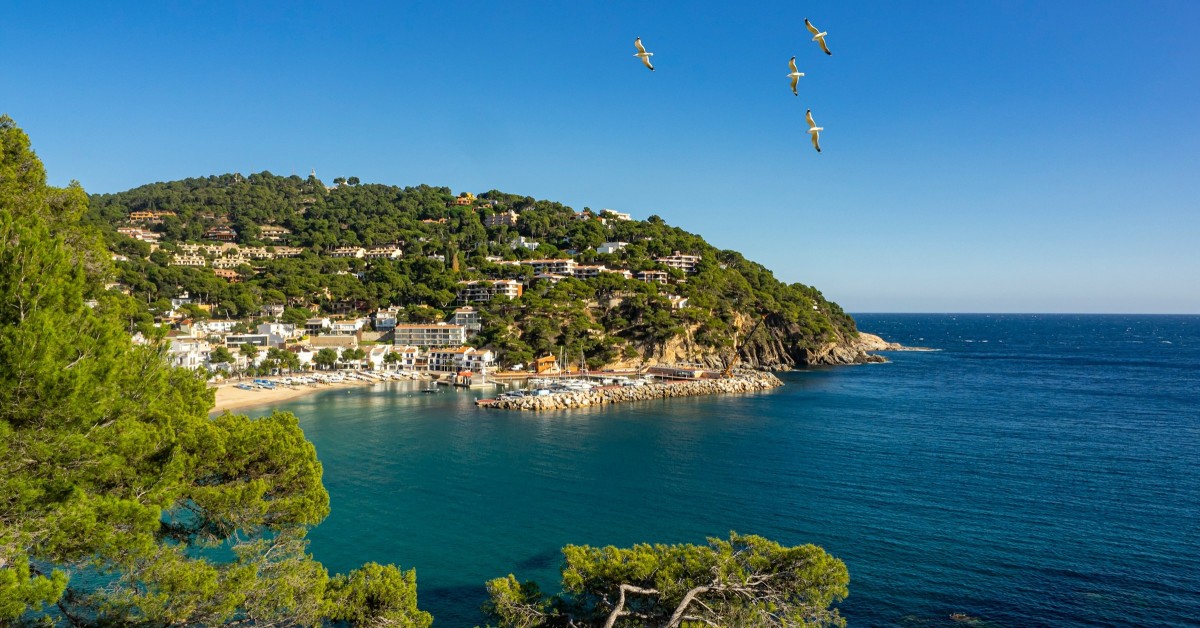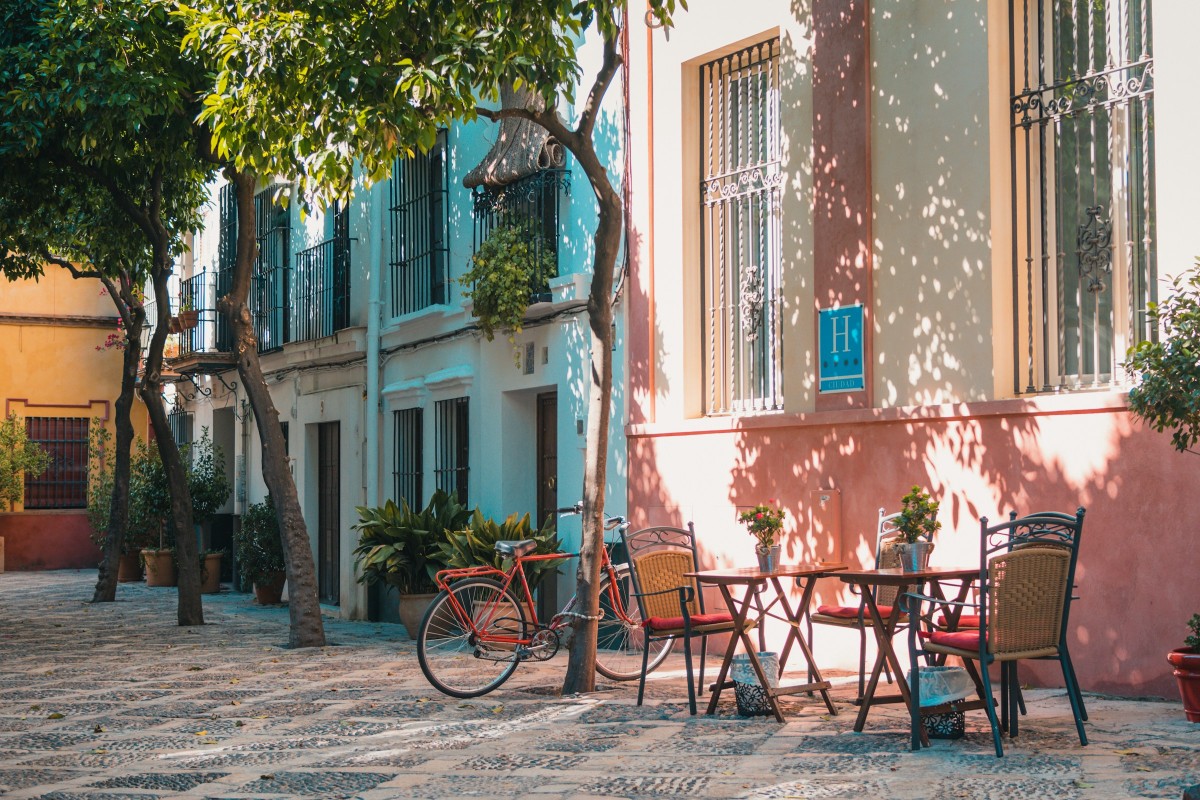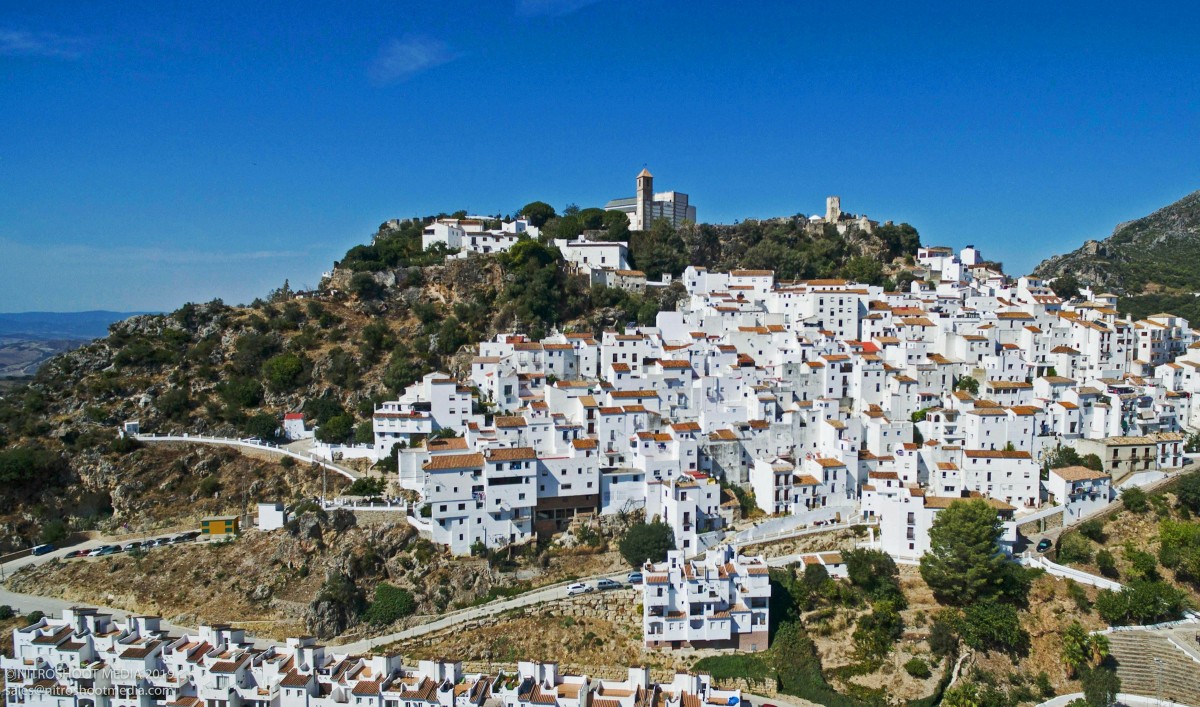
Spain has long been a top destination for retirees, attracting thousands of expats each year with its warm climate, affordable cost of living, and high quality of life.
Though tourist hotspots are a hub for expats and retirees, there are retired non-natives across the country from bustling cities like Barcelona and Madrid to coastal retreats like the Costa del Sol and Alicante.
The variety in Spain is ideal for any lifestyle preferences.
Retiring abroad comes with both benefits and challenges. In this guide, we’ll explore the pros and cons of retiring in Spain, helping you make an informed decision about whether this sunny country is the right place for you.
The Pros of Retiring in Spain
What makes Spain the perfect place to retire?
Warm Climate and Natural Beauty
Spain is famous for its mild winters and hot summers, especially in the southern regions.
Many retirees are drawn to areas like Valencia, and the Balearic Islands, where sunshine is almost guaranteed year-round.
The warm climate is complimented by plenty of natural beauty. Beaches, vineyards and beautiful countryside locations make it an idyllic place to retire.
For those who enjoy outdoor activities, Spain’s climate also provides excellent opportunities for hiking, cycling, and water sports.

Affordable Cost of Living
Compared to many other European countries, the UK and US, Spain offers a relatively low cost of living.
While cities like Madrid and Barcelona can be expensive, smaller towns and coastal areas provide affordable housing, food, and entertainment – ideal for retirement.
Rent and Property Prices
Renting a one-bedroom apartment in a smaller city or town can be quite affordable and cost as little as €500–€700 per month.
Buying property in Spain is also a relatively affordable option with villas and apartments available at all price points for retirees.
Explore properties available in Spain
Dining and Groceries
Both eating out and groceries are relatively affordable in Spain. Fresh groceries are readily available and delicious meals made with fresh local ingredients are everywhere.
A three course meal can cost as little as €15.
Transport
Public transport in Spain is both efficient and affordable, with metro and bus fares averaging €1.50–€2 per ride. Pensioners can also often get discounts on public transport passes.
High Quality of Life
Spain consistently ranks well in quality of life indexes, thanks to its excellent healthcare system, relaxed pace of life, and vibrant social scene.
The Mediterranean lifestyle encourages healthy eating, outdoor living, and strong community ties, all of which contribute to longevity and a healthy retirement.

Excellent Healthcare System
Spain has one of the best healthcare systems in the world, providing high-quality medical care at a fraction of the cost compared to countries like the US.
EU citizens can access public healthcare through Spain’s Convenio Especial or by transferring their healthcare rights using an S1 form.
Private health insurance is also widely available and affordable, with comprehensive plans costing €50–€150 per month.
Strong Expat Communities
Spain has a thriving expat community, particularly in coastal areas.
Many British, German, and Scandinavian retirees have settled in Spain, forming welcoming communities where newcomers can quickly make friends.
There are expat clubs, international social groups, and English-speaking services that help retirees adjust to their new life in Spain.
The Cons of Retiring in Spain
These benefits certainly make the move sound appealing, but what about the cons? What are the pitfalls of retiring in Spain?
Bureaucracy and Paperwork
Perhaps the biggest frustration for expats hoping to move to Spain is dealing with bureaucracy.
Whether it’s applying for residency, registering for healthcare, or opening a bank account, administrative processes can be slow and require multiple visits to government offices.
So what will you need to tackle if you make the move?
- NIE and TIE Registration – Retirees need an NIE (Número de Identificación de Extranjero) and, post-Brexit, UK citizens also need a TIE (Tarjeta de Identidad de Extranjero), which can involve long waiting times.
- Banking and Taxation – Opening a bank account and managing taxes is an essential. It can be complicated to navigate new financial systems.
- Language Barriers in Official Processes – Most government offices operate in Spanish, and English-speaking staff are rare in smaller towns.
To navigate these challenges, many retirees hire a gestor (local consultant) to handle paperwork on their behalf.

Tax Implications
Anyone retiring to Spain needs to understand the financial implications of the move and their financial responsibilities.
Spain taxes residents on their worldwide income. If you spend more than 183 days per year in Spain, you will be considered a tax resident.
While Spain has agreements with many countries to avoid double taxation, it’s essential to seek financial advice if you’re unsure.
Learning Spanish Can Be Challenging
While English is widely spoken in tourist areas, most official processes, medical consultations, and day-to-day interactions require some knowledge of Spanish.
Learning the language can take time, but many retirees enjoy taking Spanish lessons and embracing the cultural experience.
Extreme Heat
While Spain’s climate is a major draw, summers in some regions can be extremely hot, with temperatures regularly exceeding 40°C.
This can be especially challenging for those who struggle with heat and might be something to consider when looking at which areas are most suitable.
Distance from Family and Friends
Moving to Spain means leaving behind family and friends. While Spain is well-connected, flights back to the UK or other European countries can be expensive during peak seasons.
Many retirees choose to split their time between Spain and their home country to maintain family ties while enjoying life in Spain.

Is Retiring in Spain Right for You?
Spain offers an attractive lifestyle for retirees, with its warm climate, low cost of living, excellent healthcare, and vibrant social life. However, challenges such as bureaucracy, taxation, and the language barrier should be carefully considered before making the move.
If you’re well-prepared and willing to embrace the cultural differences, Spain can be an ideal retirement destination. The key is to plan ahead, seek professional financial advice, and choose a location that suits your lifestyle and needs.
Ready to move? Discover the best places to retire in Spain in 2025